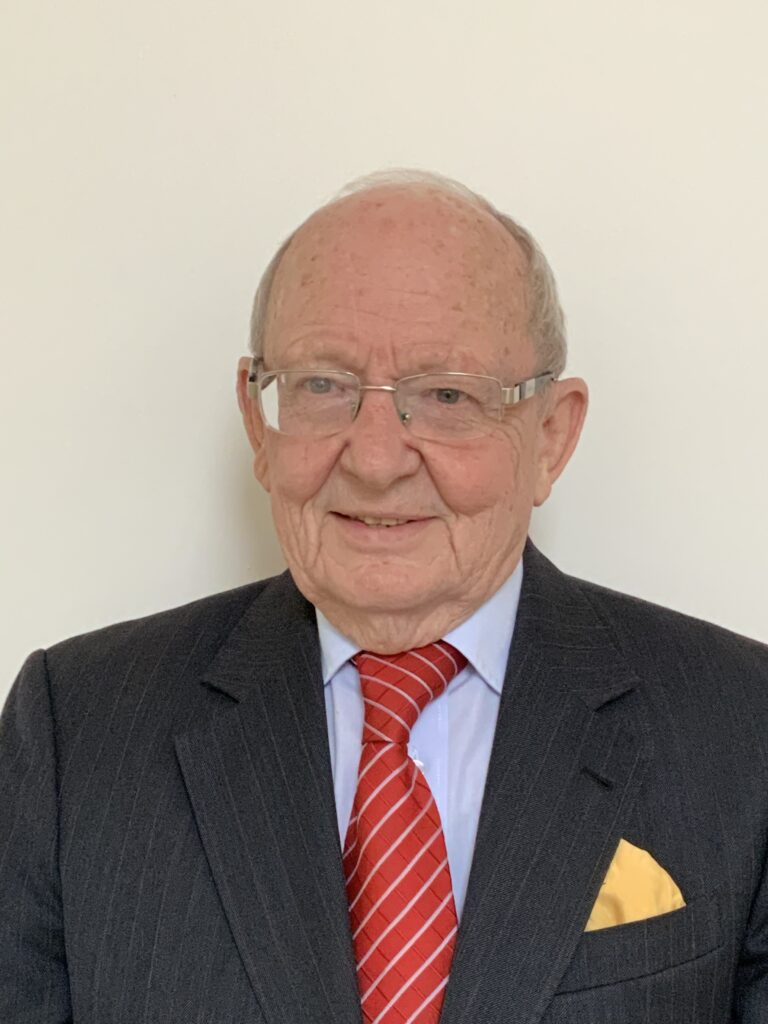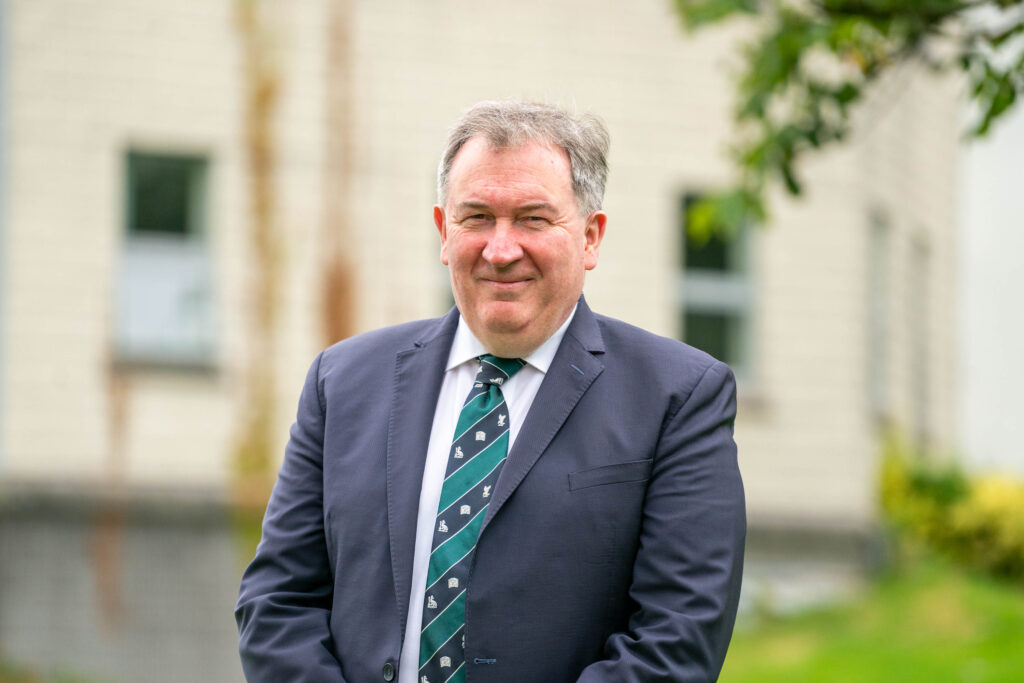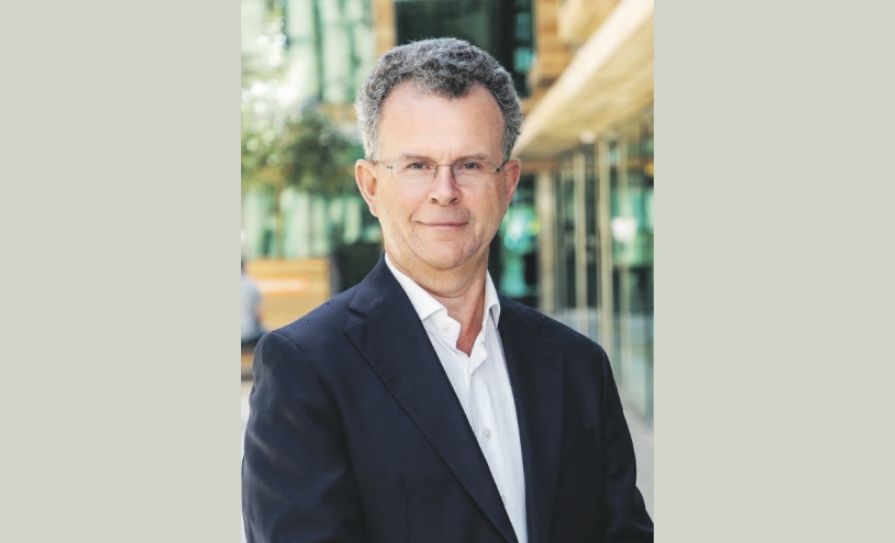An EU programme aims to enhance oncology training through greater exposure to different specialties. Paul Mulholland speaks to Prof Niall O’Higgins about the initiative
For over four decades, Prof Niall O’Higgins, Professor Emeritus of Surgery at University College Dublin, has been significantly involved in developing cancer screening and services in Ireland and Europe. One of his latest contributions relates to trainees. It is inspired by the fact that, throughout his career, Prof O’Higgins has been struck by the lack of inter-specialty exposure in oncology training.
“Having spent a lifetime in clinical practice in cancer, I’ve always thought it was somewhat anomalous that you train cancer specialists in surgery, in radiotherapy, and medical oncology – those three disciplines – quite independently of each other,” Prof O’Higgins told the Medical Independent (MI).
Proposal

In response, Prof O’Higgins proposed a plan for trainees to gain more extensive experience in other specialties than is currently the case. He suggested that incorporating a clinical rotation in each of the other two disciplines would be a valuable addition to the training of specialists in medical oncology, surgical oncology, and radiotherapy.
In 2016, he put forward this proposal to the European Commission’s (EC) expert group on cancer control. The proposal was accepted by the EC and later included in Europe’s Beating Cancer Plan in 2021.
“Focusing on oncology, surgery, and radiology, the programme will set out to deliver a more skilled and mobile cancer workforce through cross-border training and information-sharing,” according to the document.
Prof O’Higgins told MI he was very pleased that the value of the proposal was recognised so quickly. He said the benefits of such an innovation were acknowledged not only by specialists, but also by patient advocates and representatives.
Indeed, the Beating Cancer document states: “The training will also include a focus on patients’ quality-of-life and wellbeing, including mental, psychosocial, and nutritional support, along with patient empowerment.”
INTERACT-EUROPE
The first phase of the project was called INTERACT-EUROPE. A consortium of 33 partners from 17 European countries involving specialist medical and nursing cancer groups, cancer centres, and patient advice representatives, was convened by the European Cancer Organisation.
This initial phase was concerned with carrying out a needs assessment and devising a curriculum for the inter-specialty training of cancer specialists. A bid to design a curriculum was successful and €5 million was made available by the EC. An internationally agreed multi-specialist committee, co-chaired by Prof O’Higgins, was appointed. This part of the project took place over a two-year period. The resulting curriculum consists of 150-specified hours and includes online courses and clinical rotations. The programme is based on the CanMEDS [Canadian Medical Education Directives for Specialists] framework. The framework identifies and organises the skills, knowledge, and abilities required of physicians into seven roles: Medical expert; communicator; collaborator; leader; health advocate; scholar; and professional.
“And there are specific competencies defined under each of those headings that need to be acquired before satisfactory completion of the course,” Prof O’Higgins said.
Implementation
Following the development of the curriculum, the EC supported the second phase with an implementation plan: INTERACT-EUROPE 100. This plan aims to recruit and establish the curriculum in at least 100 cancer centres, hospitals, and accrediting training bodies across the EU and beyond.
Some €9 million was made available for this phase, which commenced in December 2023 and will run until November 2026.
Each selected organisation will nominate a team of oncology professionals and other health professionals to follow the online and onsite training requirements.
Training programmes
Prof O’Higgins emphasised that INTERACT-EUROPE 100 aims to enhance existing cancer training programmes with cross-disciplinary knowledge, understanding, and communication, not supplant them.
“It is meant to augment and enhance,” Prof O’Higgins stressed. “It is meant to take place in collaboration with existing programmes.”
The RCSI is the main body responsible for the project’s implementation in Ireland. It will oversee the surgical oncology component and collaborate with the RCPI and the Faculty of Radiologists and Radiation Oncologists for medical oncology and radiotherapy respectively.
RCSI and RCPI
Prof Kevin Barry, Director of National Surgical Training Programmes, RCSI, said he joined INTERACT-EUROPE 100 on behalf of RCSI. Prof Ann Hopkins, Department of Surgery, RCSI, is also working on the project.

“We will represent RCSI at various workshops at the European Cancer Organisation meeting in Brussels in November of this year to progress the central aspect of the project, which is the design of a programme of inter-professional learning for surgical, medical oncology, and radiation oncology trainees in order to promote better multi-disciplinary care and improved patient outcomes,” Prof Barry said in a statement to MI.
“RCSI has been selected to promote this work and we have attended and presented at various online meetings to date.”
He said it is intended that a broad consensus around the structure of a module of inter-professional learning will be defined in early 2025.
“We will work with our medical and radiation oncology colleagues to ensure that such a module is relevant and contains appropriate educational objectives,” said Prof Barry.
In a statement to this newspaper on INTERACT-EUROPE 100, a spokesperson for the RCPI said that the College’s training programmes for cancer specialists, “as with all of our education and training programmes, are regularly reviewed and updated in line with best practice”.
The spokesperson pointed out that as part of this ongoing curriculum review, the RCPI currently provides embedded opportunities for medical oncology trainees to gain exposure to surgical oncology and radiotherapy.
“Interdisciplinary learning, and operating as part of a multi-disciplinary team, is an important part of a trainee’s education and RCPI will continue to work collaboratively across the sector to grow and enhance these opportunities,” said the spokesperson.
Current status
A total of 79 cancer centres have already expressed their desire to join the programme. These are based across 20 EU countries and two countries associated with EU4Health.
However, according to the project’s latest quarterly update in July, progress has slowed recently.
“Despite promising initial results, more effort is needed to ensure greater representation from EU countries,” stated the update.
“The team is increasing efforts to include more cancer centres in Belgium, Netherlands, Denmark, Czech Republic, Croatia, Hungary, Latvia, and Luxembourg.”
Prof O’Higgins also admitted there would be challenges in implementing the programme, such as allocating sufficient time for both trainers and trainees.
He noted, however, that rolling out the programme might be more “straightforward” in Ireland compared to other jurisdictions, thanks to the structure of the national training programmes here.
“‘Straightforward’ does not necessarily mean ‘easy’ because the consent and support of each of the training bodies is needed, but I hope it will be forthcoming,” Prof O’Higgins said.
He added implementation may be more difficult in other EU member states because specialist training is regionally or institutionally based rather than nationally. Also, training criteria and requirements may differ within countries and regions, and certification and accreditation of specialists may vary among member states.
It is hoped that once the centres have been approved and the curriculum and inter-disciplinary rotations established, a standardised EU-wide accreditation process can be put in place. Such an arrangement would allow trainees to spend short periods of time during training in approved centres throughout the EU in a system akin to the ERASMUS programme.
Benefits
The ultimate aim of the project is to improve the quality of patient care. Prof O’Higgins pointed out how multi-disciplinary team meetings are a current cornerstone of best practice. He said the training programme could eventually facilitate a greater understanding between specialties during these meetings.
“At the moment, there’s a gap there,” Prof O’Higgins said.
“Say at one of these meetings, a surgeon makes a statement, there’s hardly anyone to question or challenge that statement. The same with medical oncology and radiotherapy. If they really understand each other’s specialties, that would improve the decision-making process. I think it would certainly enhance the value and quality of decisions at these meetings, and thereby improve the quality of patient care.”













Leave a Reply
You must be logged in to post a comment.